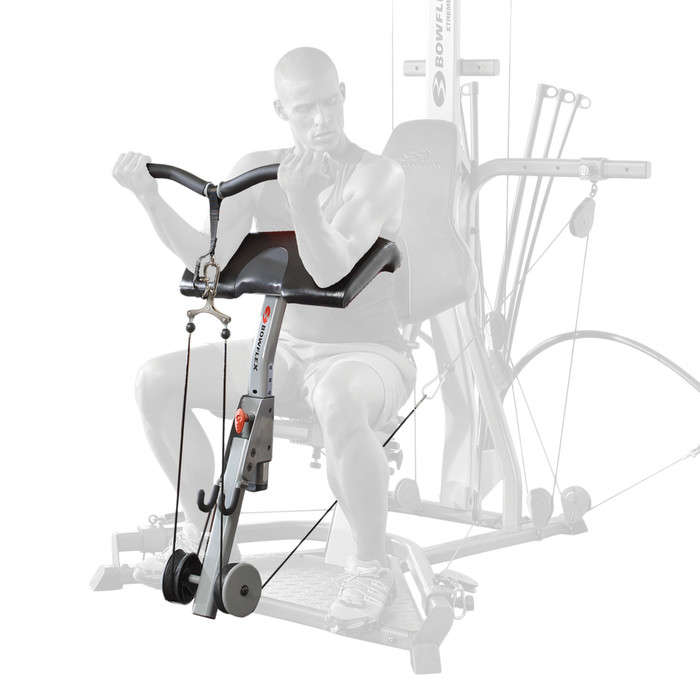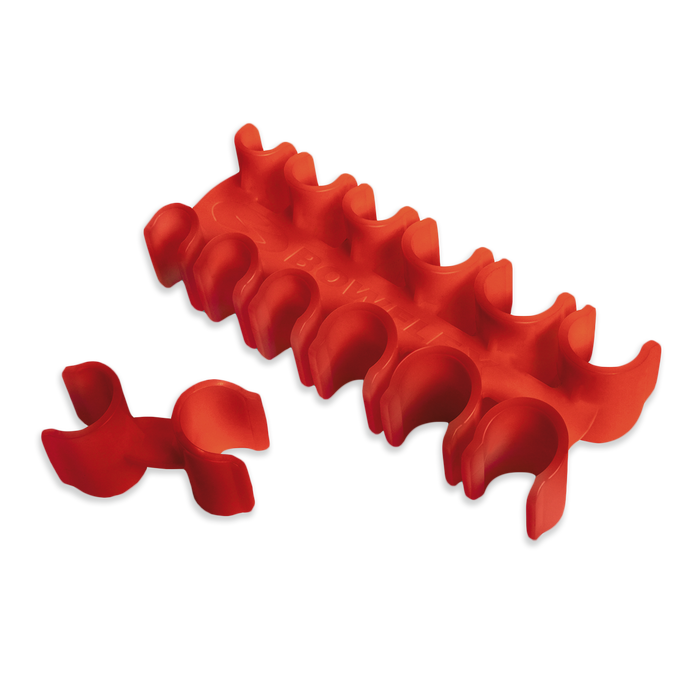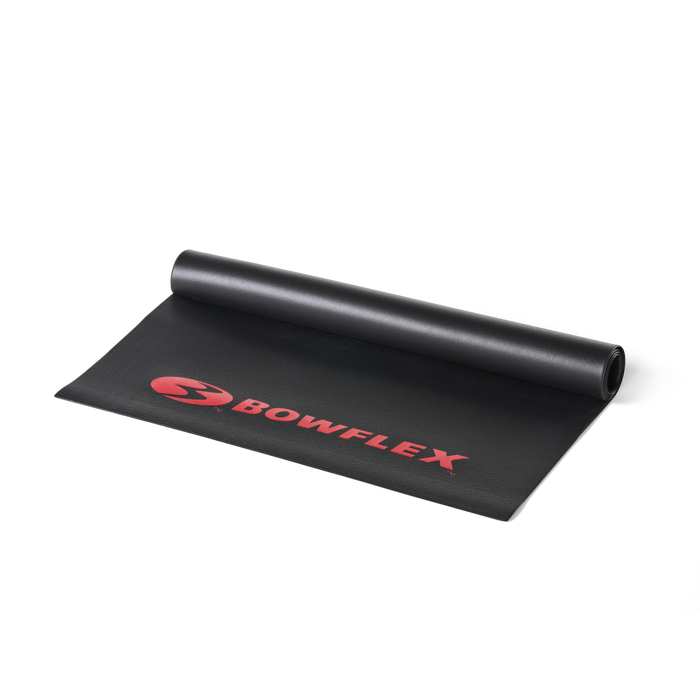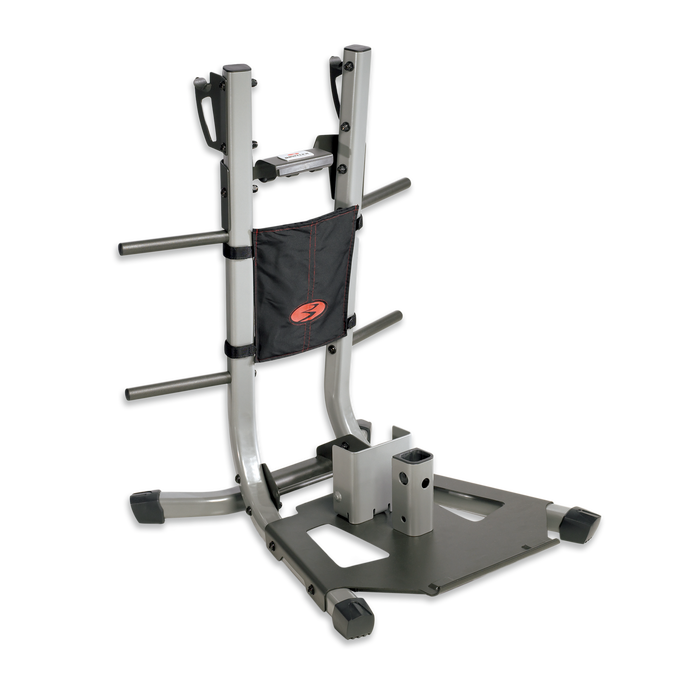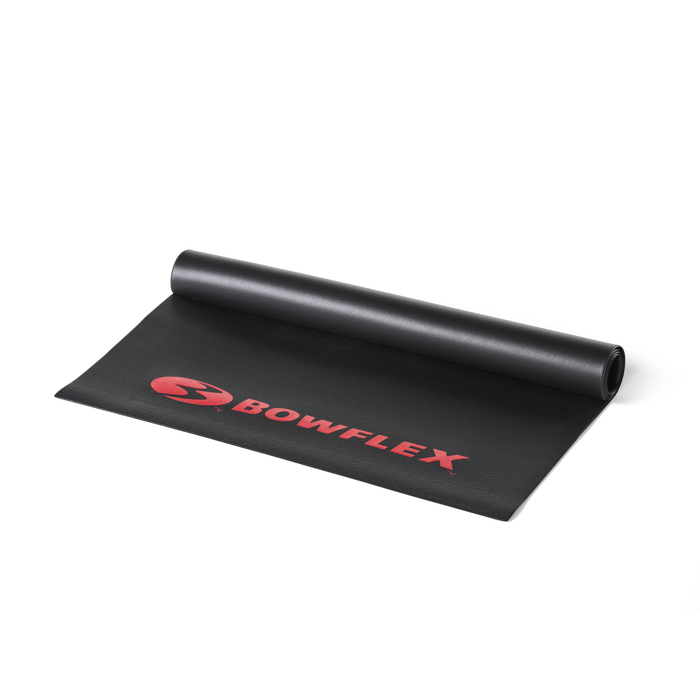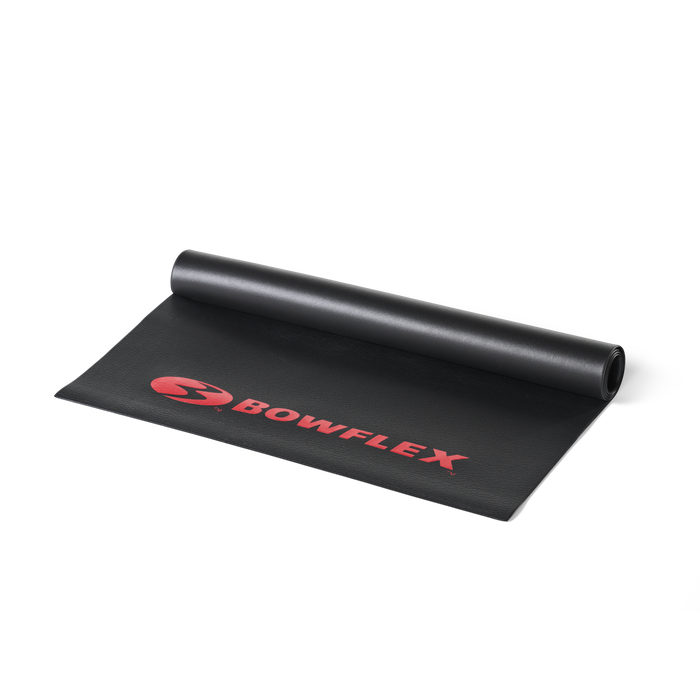Vitamins 101

Maintaining proper vitamin and mineral levels impacts your mental and physical energy levels, and how well your body functions overall. Sometimes even a well-rounded diet can’t give us everything we need, and that’s where vitamins, minerals and supplements step in to help.
Supplements and vitamins can help account for any gaps in your diet. Before taking any new vitamins or supplements, check in with your doctor to ensure they are right for you. Here are a few common vitamins, minerals and supplements you can consider and why they are important to your overall health.
Vitamin D
Without adequate levels of vitamin D, your body struggles to properly absorb and process other important minerals, making it a key vitamin for your overall well-being. Vitamin D can sometimes be challenging to get from food and while sunlight provides a natural source of vitamin D, it can be scarce during the winter months. Vitamin D also has the ability to:
- Improve bone health
- Promote calcium absorption
- Reduce inflammation
Zinc
Typically, it is hard to get enough zinc in your everyday diet because you are likely not eating large quantities of zinc-rich foods, like oysters and pumpkin seeds. The National Institutes for Health suggests you get approximately 8-11 mg of zinc per day, meaning you will likely need to add a supplement to meet the recommend value. However, it is important to note that excessive intake can lead to negative side effects. Zinc is vital for supporting many of our body functions, including
- Supporting the immune system
- Helping to heal and shorten the duration of a cold
- Clear, healthy skin
Fish Oil
The American Heart Association recommends eating one to two ounces of fish per week. If you don’t have fish in your diet regularly, then taking fish oil can help you infuse a dosage of omega-3 fatty acids in your diet, which offer the following benefits:
- Aid inflammation
- Support heart health
- Reduce blood pressure
Iron
The human body needs iron to help red blood cells move oxygen from your lungs to organs and tissues throughout your body. Without proper levels of iron, your red blood cells cannot effectively carry enough oxygen to the body’s tissues, leaving you feeling fatigued. However, it is important to note that excessive iron intake can be dangerous, so consult with a doctor before taking. Iron has the ability to:
- Combat fatigue
- Improve muscle strength
- Reduce bruising
Melatonin
Known for its ability to help you fall asleep, melatonin works together with your body’s circadian rhythm to ensure you get a good night’s sleep. Our bodies naturally produce melatonin to signal that it is time for our body to rest and/or relax, and by taking melatonin before bed, you are setting yourself up for successful night’s rest. Benefits of taking melatonin include:
- Alleviates insomnia
- Decreases fatigue
- Supports eye health
Vitamin B12
While an essential vitamin, your body cannot produce B12 naturally, so it must come from your diet. B12 supports the function of your nerve cells, brain and metabolism, as well as red blood cell formation. For most adults, the recommended daily intake is 2.4 mcg, which can help:
- Improve bone health
- Improve mood and fight depression
- Support healthy hair, skin and nails growth
You may also like
Magnesium: The Missing Mineral










